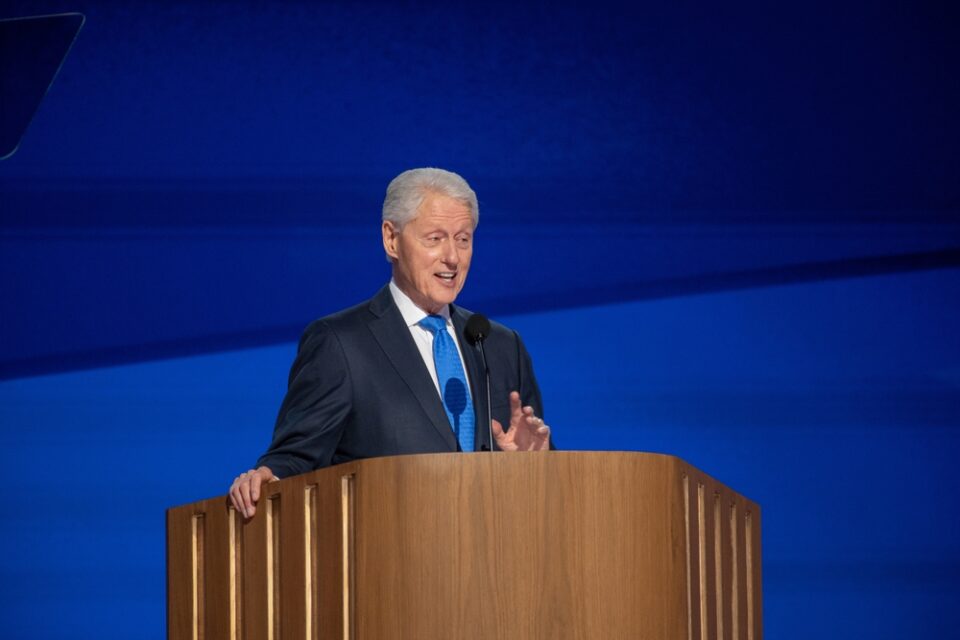Bill Clinton, never one to shy away from political theorizing, recently shared his thoughts on the state of American politics, and his comments have certainly sparked some chatter. Reflecting on Kamala Harris’s defeat to Donald Trump, the former president suggested the nation might not be ready for a female commander-in-chief. In a twist that surely had some Democrats doing a double take, Clinton floated the idea that a Republican woman could have a better chance at shattering the presidential glass ceiling. It’s an observation that might sting for his own party but seems to align with the current political landscape.
When asked directly whether America is resistant to electing a woman as president, Clinton cautiously replied, “maybe,” pointing to the country’s apparent shift to the right amid ongoing cultural and political upheavals. He speculated that if Hillary Clinton had been nominated in 2008, she might have coasted into the Oval Office like Barack Obama. By contrast, Clinton implied that today’s hyper-partisan environment and culture wars have created a tougher road for women, especially those aligning with the Democrats’ more progressive agenda.
Clinton then delved into party dynamics, offering an unexpected perspective: a conservative Republican woman might find more success breaking through the highest political barrier. Drawing comparisons to Margaret Thatcher, he suggested that such a candidate could navigate today’s polarized political climate more effectively than her Democrat counterparts. Still, Clinton expressed hope that a female president is on the horizon, though his comments hinted that it might not be from within the Democrat Party—a suggestion likely to ruffle some feathers among his colleagues.
On a more personal note, Clinton addressed his infamous affair with Monica Lewinsky, a chapter revisited in his new book, Citizen. He defended its inclusion, explaining that he wanted to provide Lewinsky with a sense of closure and an opportunity to move beyond the scandal. While he acknowledged that the affair remains a part of his daily life, he praised Lewinsky’s anti-bullying work, attempting to frame his reflections as both a personal reckoning and a gesture of goodwill. Critics, however, might see the decision to dredge up the past as ironic, especially given Clinton’s stated intention of helping Lewinsky turn the page.
Clinton, who actively campaigned for Kamala Harris and Joe Biden during the election, didn’t hold back when discussing Trump’s return to the White House. Describing it as a “travesty,” he painted the outcome as a significant setback for the nation. For Democrats, Clinton’s remarks likely sting, as they highlight both the party’s missteps and the challenges of staying relevant in an evolving political climate. For conservatives, however, his comments may signal an acknowledgment—even from a veteran Democrat—that the GOP is increasingly resonating with voters and possibly better positioned to deliver on historic milestones like electing the first female president.

